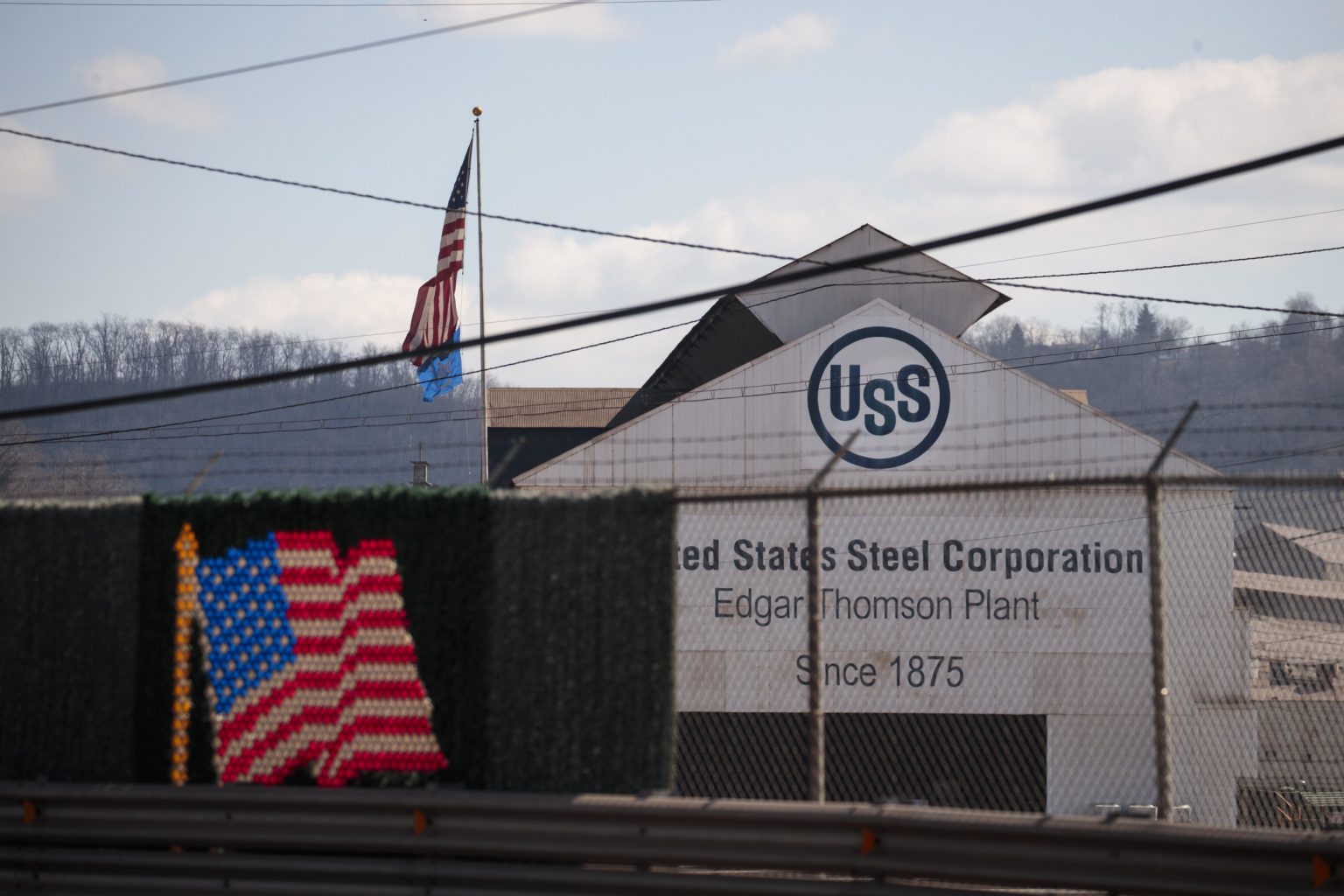President Biden’s decision to block Nippon Steel’s acquisition of U.S. Steel, ostensibly on national security grounds, has significant ramifications for the global effort to decarbonize the steel industry and improve air quality. Nippon Steel’s proposed plan, which involved maintaining existing coal-fired furnaces, clashed with the growing momentum towards cleaner steelmaking technologies. Environmental advocates argue that the deal would have locked in outdated, polluting practices for over a decade, hindering the transition to a more sustainable industry and exacerbating public health issues in communities near steel mills. This decision opens the door for alternative buyers committed to modernizing U.S. Steel’s facilities and adopting environmentally responsible practices.
The steel industry is a major contributor to greenhouse gas emissions, surpassing the CO2 output of many countries. U.S. Steel’s aging facilities are particularly problematic, emitting millions of tons of greenhouse gases annually. Beyond climate change, these facilities also release substantial amounts of toxic air pollutants, which contribute to respiratory illnesses, premature deaths, and other health problems in surrounding communities. Advocates for clean air and a just transition in heavy industry emphasize the need for investments in clean steelmaking technologies to protect both the environment and the health of workers and residents near these facilities.
Nippon Steel’s proposed deal with U.S. Steel centered on maintaining and upgrading existing coal-fired furnaces, a strategy that prioritized short-term cost savings over long-term environmental sustainability. This approach stood in stark contrast to the growing movement towards cleaner alternatives, such as electric arc furnaces powered by renewable energy and hydrogen-based steelmaking. By opting to invest in outdated technology, Nippon Steel would have effectively prolonged the life of heavily polluting facilities, delaying the necessary shift to cleaner production methods. This decision, had it gone through, risked undermining global efforts to reduce greenhouse gas emissions and transition to a more sustainable industrial sector.
The blocked takeover presents an opportunity for a more forward-thinking company to acquire U.S. Steel and implement cleaner technologies. Cleveland-Cliffs, a company that has already invested in cleaner electric furnace technology, previously expressed interest in acquiring U.S. Steel and may now renew its pursuit. The availability of government funding for clean energy projects, such as the award given to the Cleveland-Cliffs Middletown Works steel plant, further incentivizes the adoption of green steelmaking practices. This shift towards cleaner production aligns with national and global goals to decarbonize heavy industry and mitigate the impacts of climate change.
Beyond the United States, the global steel industry is exploring various pathways to decarbonization. Emerging technologies, such as carbon capture and storage, offer the potential to trap CO2 emissions from steel plants and either store them underground or convert them into useful products. Innovative startups, like Sweden’s Stegra (formerly H2 Green Steel), are pioneering the use of green hydrogen in the steelmaking process, eliminating the need for polluting coke ovens. These advancements demonstrate the growing feasibility and economic viability of cleaner steelmaking, paving the way for a more sustainable future for the industry.
The Biden administration’s decision to block the Nippon Steel takeover sends a strong signal that environmental considerations are playing an increasingly important role in industrial policy. By prioritizing cleaner technologies and a just transition for workers and communities, the U.S. government is encouraging the steel industry to embrace a more sustainable future. While Nippon Steel expressed disappointment with the decision, it also presents the company with an opportunity to reassess its decarbonization strategy and invest in cleaner technologies that align with global climate goals. This move underscores the growing global consensus that economic growth and environmental sustainability must go hand in hand.


